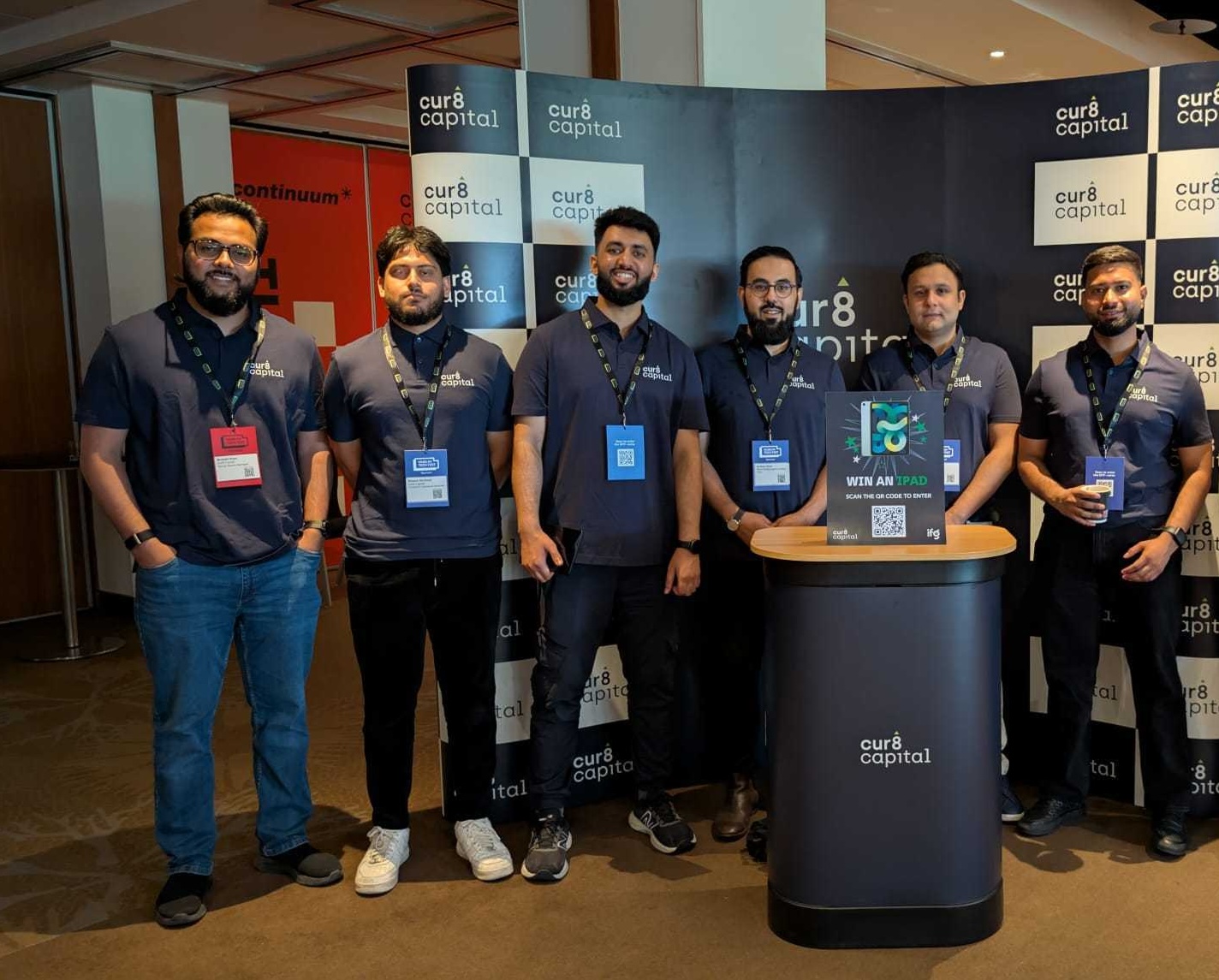
Elon Musk Has Gone Full Islamaphobe – How Muslims Should Respond
13 January 2025 4 min read


Adil Hussain
Head of Content
5 min read
Last updated on:
Muslims were late to the Industrial Revolution.
While other nations mechanised, modernised, and built their wealth through factories and machines, most of the Muslim world stood still. And we’ve been trying to catch up ever since – economically, politically, intellectually.
Now, we’re facing another revolution. This time, it’s not factories or machines, but by algorithms. AI is rewriting the rules of the modern economy, and more importantly, the job markets.
And here’s the difficult truth: Muslims are at serious risk of missing this one too.
This is not a philosophical debate about machines replacing humans. It’s about the jobs already being cut and entire industries already being reshaped. There are very real consequences for Muslim professionals, graduates, students, and families if we don’t pay attention.
There’s been a lot of talk about how AI might replace jobs, but this is actually already happening.
According to a recent BBC article, Microsoft has recently announced 15,000 job cuts, 9,000 of which are supposedly because of AI changes.
And in 2025 alone, IBM has cut 8,000 jobs as AI replaces much of its HR department.
But what’s more concerning is the hit taken by the number of entry-level jobs, which have dropped by a third since 2022, according to this Times article.
In 2023, KPMG cut its graduate intake from 1,399 to just 942. That’s a 33 percent drop in a single year. Deloitte reduced its intake by 18 percent. EY and PwC followed with cuts of 11 percent each.
And they’re pulling back because fundamentally, companies will cut costs wherever they can. If jobs that used to take teams of graduates several hours can now be done by AI tools in minutes, they have no reason not to switch.
Many Muslims don’t have access to powerful networks, massive safety nets or generational wealth, and firms like the Big Four have been transformational in recent years for the lives of many young Muslims due to their efforts to facilitate social mobility.
I myself benefitted from this. Like many Muslims in the UK, I come from a working class background, where blue collar jobs were the norm. So landing a grad scheme role at EY was invaluable in helping get me started on my career path. And there are so many others out there like me who stand to gain the same.
Muslims have to work very hard to get into the system. But if the system keeps evolving and we don’t, we risk being left behind yet again. We’re taught to study hard, get a good job and work our way up. This is a plan that used to work and in some cases, still does. But it’s no longer a guarantee. What Muslims should be learning to do is to adapt – getting to grips with new tools quickly, finding opportunities in untraditional places.
Trying to keep up with the changes can feel like you’re running in circles.
While companies left and right are restructuring to make space for AI, what can you be doing to keep up and stay ahead?
We’re not telling you to become a programmer overnight, but understanding the basics of AI is vital. Take a free online course, watch Youtube tutorials, and get familiar with tools like ChatGPT. The professionals who adapt will be the ones who have the ultimate advantage.
As Muslims, it’s also important to remember that innovation has always been part of our tradition. Use AI to enhance your performance – make it your assistant rather than your replacement. Use it for things like job searching, research and productivity or task management. Focus your energy on things that need human creativity, judgment and empathy, things that AI struggles with, while letting it take care of the rest.
We’ve all heard the age-old phrase: Your network is your net worth. And this is more important now than ever. Traditional career paths are changing dramatically. Being a graduate with a degree just isn’t enough anymore – you need connections. The best opportunities don’t always show up in job listings. They can come from real conversations with real people. Which is why showing up, being part of a community and surrounding yourself with other people who are thinking ahead is so important.
Take events like the recent Muslim Tech Fest (which we sponsored and exhibited at); 1,500 professionals, entrepreneurs and leaders, all in one place.

Many of us might have been expecting the usual awkward small talk. But we’ve seen since that real, meaningful connections were formed that day – we’ve heard story after story of people showing up alone, and leaving with co-founders, investors, mentors and even jobs.
Jobs that were once considered the most stable are now under pressure. The CEO of Anthropic, Dario Amodei, says that AI could wipe out half of entry-level white collar jobs in the next five years.
Which is why it’s so important to be able to reinvent yourself when necessary. Having multiple income streams or side hustles, or regularly picking up new skills are no longer signs of failure. They’re the strategies that could keep Muslims up-to-date and ahead of these changes.
The good news? This revolution is more meritocratic than the last. You don’t need billions in funding to make an impact. Small, mission-driven teams can still compete and win. Just look at DeepSeek, a Chinese startup challenging OpenAI with a fraction of the resources. (We explore that story here.)
With the right mindset and mission, Muslims can build, compete and even lead the coming AI revolution.
So, don’t let the fears that held us back in the Industrial Revolution be the reason you miss out on this one.
At IFG and Cur8, we’re actively thinking about how we can implement and harness AI into what we do. Whether that is intelligent chatbots that give you the content we provide today in another format, or a dealbot that summarises our investments on Cur8’s app, or investing in data centres, and AI-focused startups – we are all-in on AI.

13 January 2025 4 min read

27 February 2024 15 min read

11 September 2023 8 min read
Leave a Reply